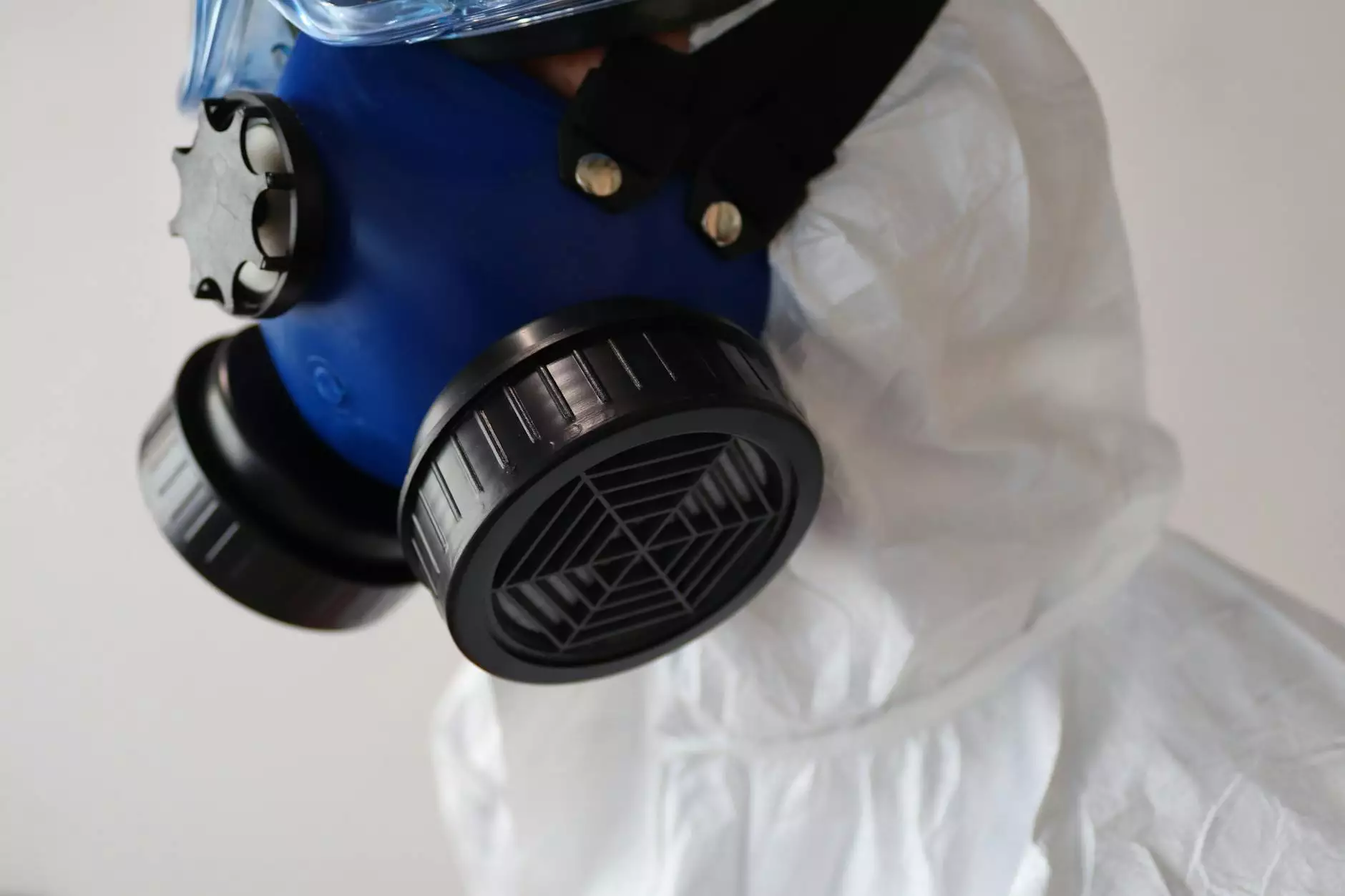How to Protect Your Pet from Lyme Disease
Resources
Preventing Lyme Disease in Horses
Lyme disease is a serious health condition that can affect horses, causing discomfort and potential long-term complications. As a responsible horse owner, it is crucial to take preventive measures to protect your beloved equine companion from this tick-borne illness. At Lasers4Horses, we understand the importance of equine health, and we are here to guide you through effective strategies to prevent Lyme disease in horses.
Understanding Lyme Disease
Lyme disease is caused by the bacterium Borrelia burgdorferi and is primarily transmitted through the bite of infected ticks. Ticks, particularly the black-legged or deer tick, carry the bacteria and can transmit them to horses during feeding. The prevalence of Lyme disease varies in different regions, with higher risk areas often characterized by wooded or grassy environments.
Preventive Measures
1. Tick Control: Implementing a comprehensive tick control strategy is the first line of defense against Lyme disease. Regularly inspect your horse for ticks, focusing on areas where ticks are known to hide, such as the mane, tail, and underbelly. When necessary, use tick repellent products recommended by reputable veterinarians.
2. Pasture Management: Maintaining a clean and well-maintained pasture can significantly reduce the risk of tick exposure. Regularly mow grass, remove brush, and eliminate standing water sources to create an unfavorable environment for ticks.
3. Frequent Grooming: Incorporate regular grooming sessions into your horse care routine. Grooming not only helps maintain your horse's coat and overall appearance but also allows you to spot and remove any ticks present on their skin.
Signs and Symptoms
Recognizing the early signs of Lyme disease is essential for prompt diagnosis and treatment. Horses affected by Lyme disease may exhibit the following symptoms:
- Decreased appetite - Horses may show a reduced interest in food or experience weight loss.
- Lameness and stiffness - Lameness, stiffness, and general discomfort are common in horses with Lyme disease.
- Lethargy and depression - Horses may appear tired, uninterested, or display signs of depression.
- Fever - An elevated body temperature is a typical response to infection.
- Swollen joints - In some cases, horses with Lyme disease may develop swollen and painful joints.
Treatment and Management
If you suspect your horse may have contracted Lyme disease, it is crucial to consult a qualified veterinarian for an accurate diagnosis and appropriate treatment plan. Treatment typically involves a course of antibiotics, supplemented by supportive care measures to alleviate symptoms and boost the horse's immune system.
Lasers4Horses: Your Partner in Equine Health
At Lasers4Horses, we offer innovative solutions to support your horse's overall health and well-being. Our advanced laser therapy products have shown promising results in managing Lyme disease symptoms and promoting faster recovery. Our team of experts is always available to provide guidance and assistance in incorporating laser therapy into your horse's treatment plan.
Conclusion
Protecting your horse from Lyme disease requires proactive preventive measures, close monitoring for signs and symptoms, and appropriate treatment if necessary. By implementing a comprehensive approach, including tick control, pasture management, frequent grooming, and early intervention, you can significantly reduce the risk of Lyme disease and ensure your horse's optimal health.



